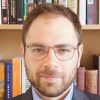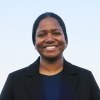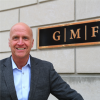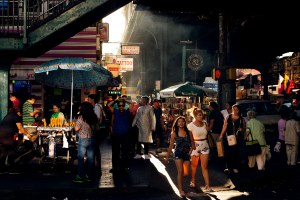Samuel Kling, Florita Gunasekara, and Steven Bosacker examine the role of cities in generating and strengthening democratic practices as authoritarianism rises across much of the world.
In a world facing what some call a “democratic recession,” cities are getting a reputation as a supposed exception. On the geopolitical level, they have stood up against rising authoritarian and populist leadership in North America and Europe. At times, they have skirted around democratic gridlock and polarization at the national level to confront problems such as climate change, coordinating through city-to-city networks.
This role for cities—as global defenders of democracy—has also garnered interest from national governments wary of the rise of China and Russia, including the United States. But what is it about cities that makes them unique democratic actors? Do they, can they, and should they fit the role projected onto them as global democratic bulwarks? What does local urban action really mean for democracy globally?
This essay collection, published with the German Marshall Fund of the United States, approaches these questions with perspectives from leading urbanists, policymakers, academics, and political leaders in North America, Europe, and Africa. The essays consider cities not merely as places in which democratic action took place, but as the “independent variable,” whose unique spatial, social, and political features make it a powerful and creative generator of democratic practices—and, alternatively, a variable which can also make democracy difficult to realize.
If cities live up to their billing as global democratic bulwarks, it likely won’t be at the behest of powerful national governments seeking a geopolitical edge. Instead, they can do so on the basis of the potholes filled, the garbage collected, and the injustices rectified. And, ultimately, by remaking democracy in their image.






